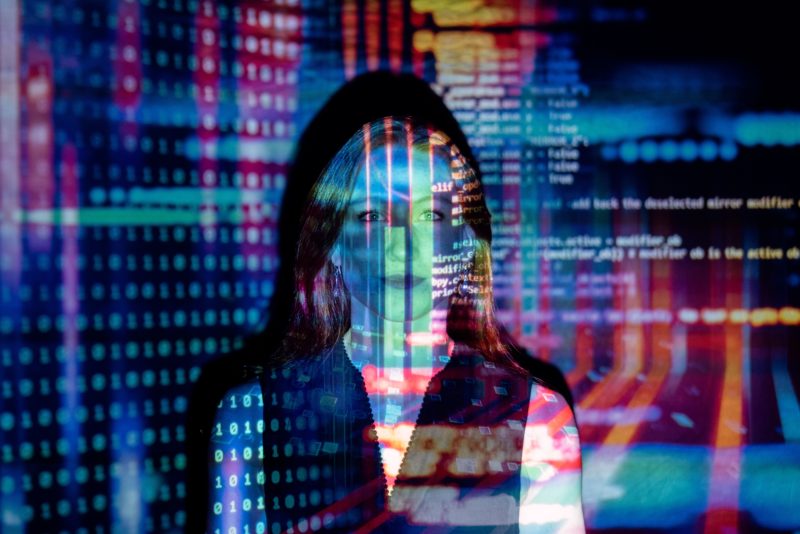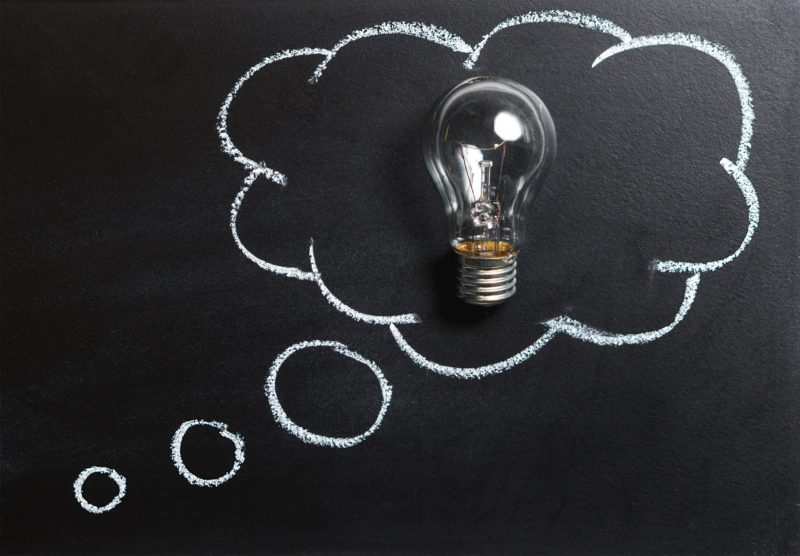The Federal Court recently released its decision in Doan v Clearview Inc, 2023 FC 1612, in which the Court distinguished a situation where there is no basis in fact for proving that two or more class members can be identified for the sake of certifying a proceeding as a class action and a situation where it is merely difficult to identify said class members. Significantly, this case involved a situation where a company potentially ingested publicly available photographs online to aid the use of their technology, which is a circumstance that may become more commonplace with the ever increasing presence of Artificial Intelligence (“AI”) in all facets of everyday life. Continue reading to learn about how the Court’s decision in this case could have long lasting effects on the ability of individual plaintiffs to have actions filed against AI-related companies turned into class actions.
Continue readingDoan v Clearview Inc and the Identification of Class Members





